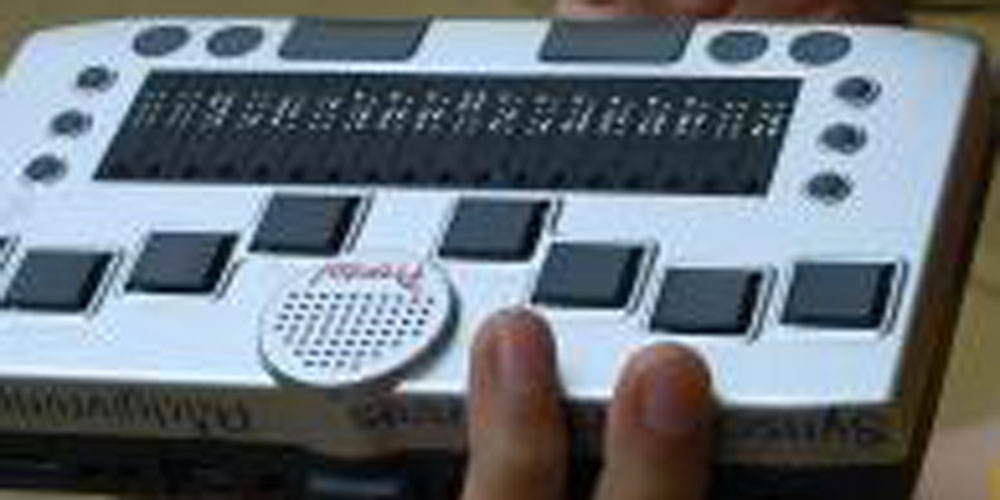
About the Project
This project is one of the 2012 WISE Awards winners.
RoboBraille converts textual educational materials into formats such as Braille, mp3 files, structured audio books, e-books and visual Braille for the blind and partially sighted, and others with special needs. It is an e-mail and web-based service that is available free of charge for non-commercial users without registration requirements. Alternate format texts are time-consuming and costly to produce, and expensive to obtain. RoboBraille therefore enables students with special needs to be included in mainstream education. RoboBraille began in 2004 as a Danish service for blind students and teachers, and has grown to become a global service that caters for blind, partially sighted and dyslexic people, and even the illiterate. The ultimate objective is to create an unlimited supply of educational materials in Braille, DAISY and other accessible formats. Having received seven international awards, the service has been recognized for its unique and simple solution to the very complex issue of providing alternate formats.
Context and Issue
Providing educational material in alternate formats is a cumbersome, costly and time-consuming task. It also requires special skills and knowledge. RoboBraille has helped transform education for the visually impaired and those with reading difficulties by: giving students and teachers greater self-sufficiency; providing a round-the-clock service; protecting the privacy of its users, as the service is fully automated; and offering an easily accessible service that does not require special education or highly trained professionals but can be used by anybody, with or without impairments, who has basic computer skills.
To be able to address global problems such as poverty, the recession and population growth, access to education needs to be provided for everyone, without excluding people with impairments. By offering the service free of charge for personal, non-commercial use, RoboBraille allows everyone to access textual material in alternate formats.
The Solution and Impact
The innovative model of the project is based on making educational material in alternate formats easy to access for persons with special needs but also for mainstream students to explore and improve their learning capacity by using multiple modalities while studying, and supporting a flexible learning style. The fact that RoboBraille is being used equally as an assistive technology for persons with disabilities and as a learning tool for mainstream students is one of the great advances of the service.
It currently handles between 1,000 and 2,000 daily user requests from all over the world in more that 20 languages: Arabic, Arabic/English bilingual, Danish, Norwegian, Icelandic, American and British English, Bulgarian, German, Polish, Hungarian, French, Italian, Lithuanian, Dutch, Portuguese, Romanian, Slovenian, and Castilian and Latin American Spanish.
Future Developments
Future objectives and developments include extending the service further, adding more functionality and more languages. By attracting new funding, the RoboBraille team would welcome a chance to include South Africa, China, and the Americas as partners in RoboBraille projects. They are currently forming new networks and exploring possibilities of collaboration in suitable settings there. A very important next step is also to complete the Arabic version of RoboBraille. The project has a full audio conversion functionality but would also like to implement Arabic Braille conversion, for which it is currently seeking funding.
The project seeks to achieve the above by approaching large foundations and others with a serious interest in promoting education for all, seeking funding for these new functionalities and including new languages in the service. The RoboBraille team will also ask all institutional users to fund basic operation while at the same time continuing to insist that the service remains free for the end-user with a need for alternate formats.


